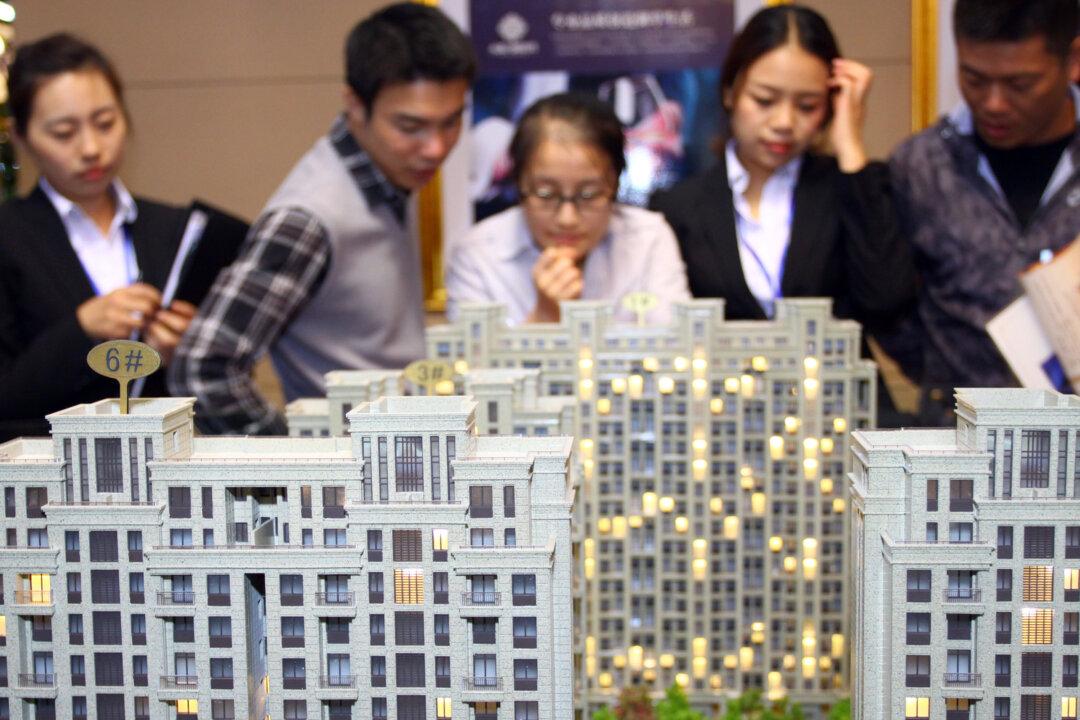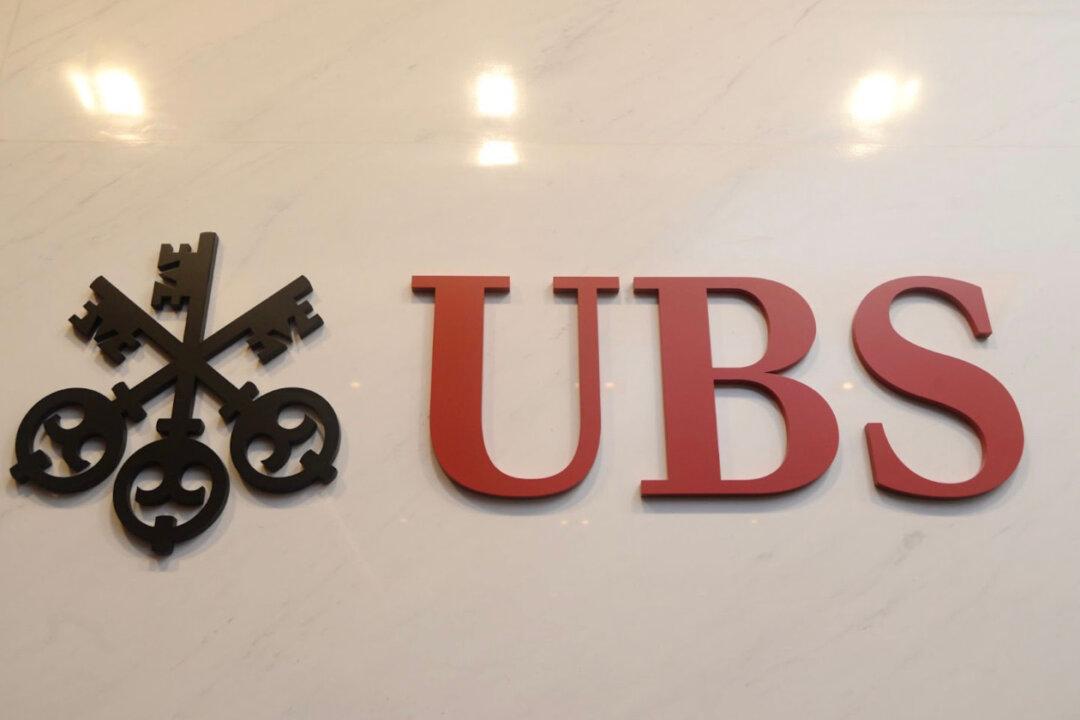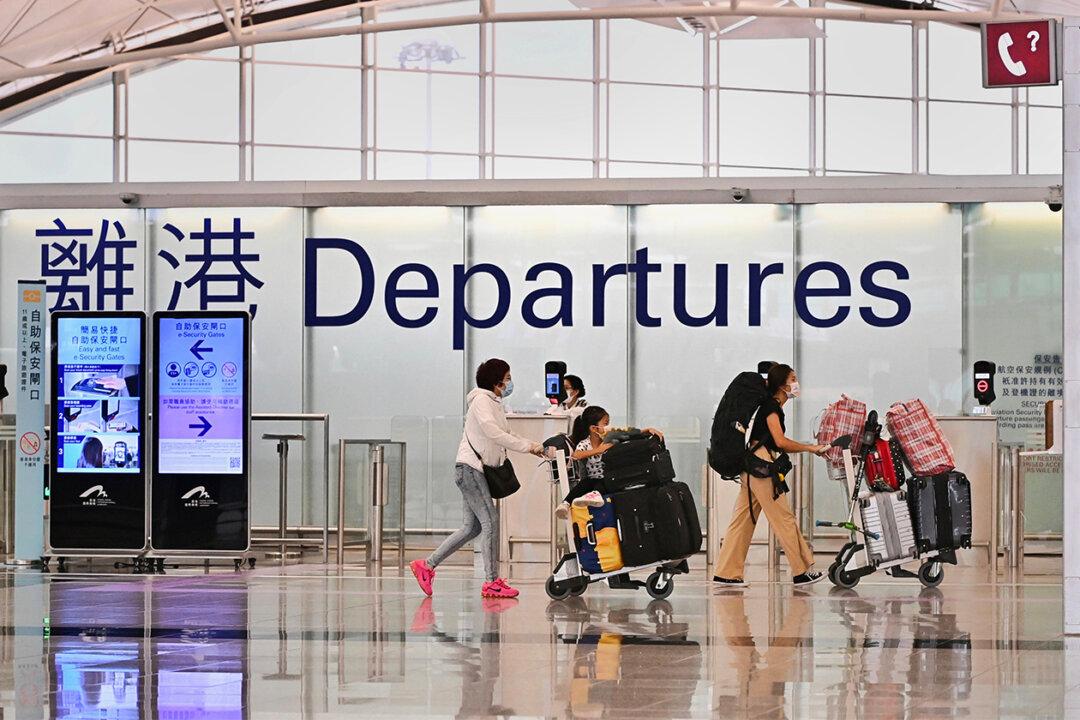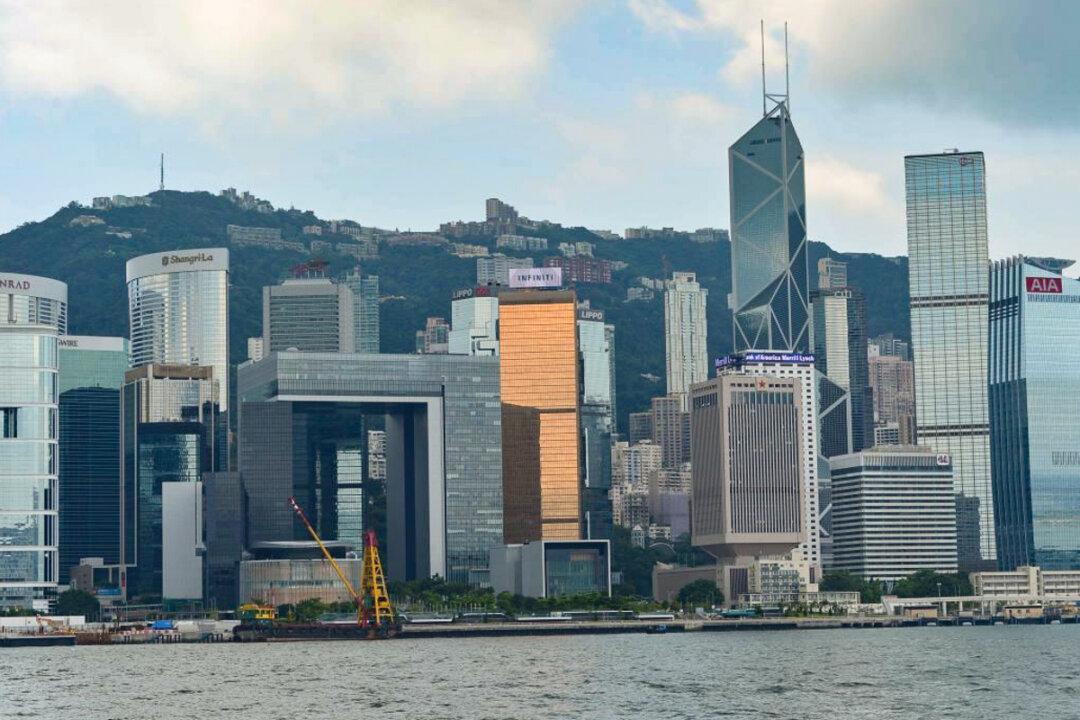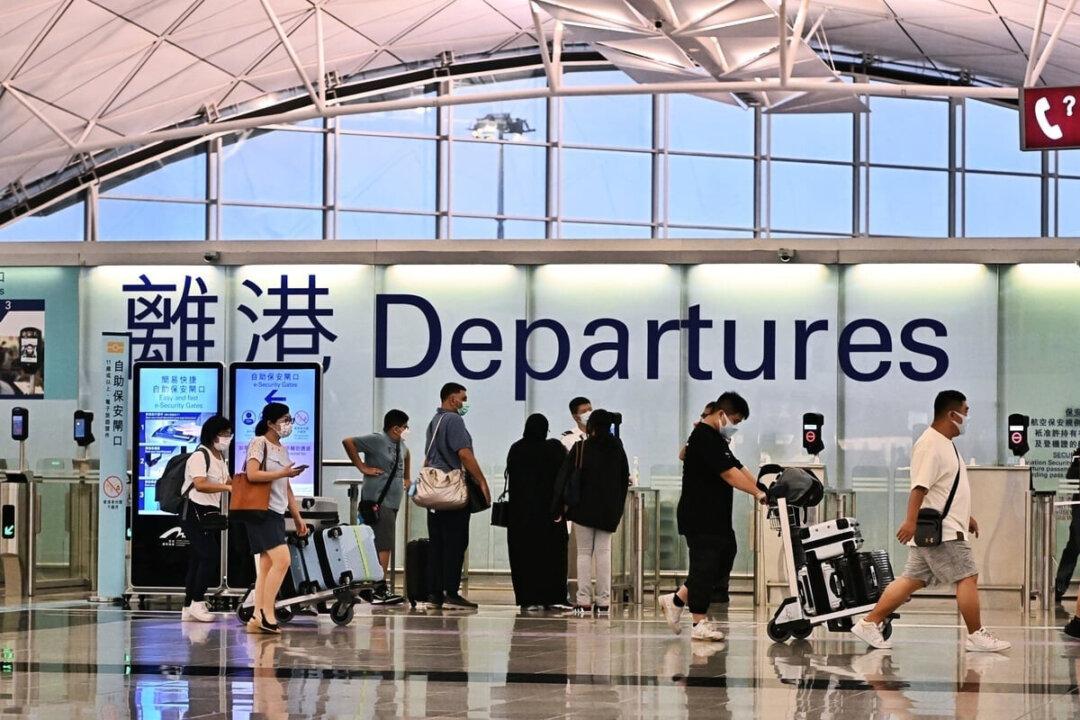News Analysis
Following a recent warning from China’s top banking regulator about a possible bubble in the Chinese housing market, mainland Chinese media company ARCHINA published an editorial emphasizing the communist regime’s concerns and the need to enforce tighter regulations. The move comes after U.S. policymakers announced raising interest rates by the end of 2023.
